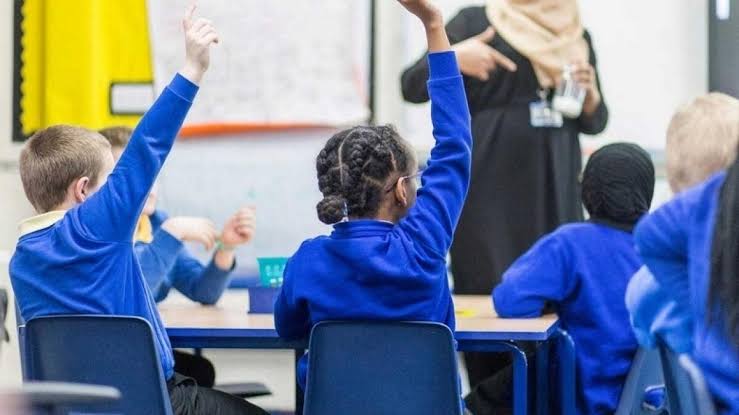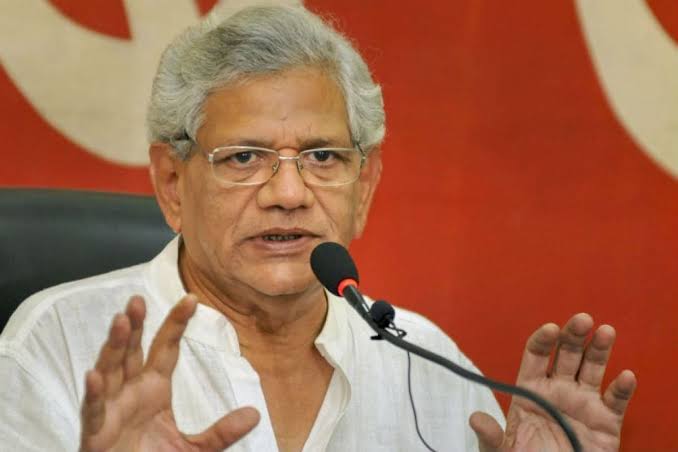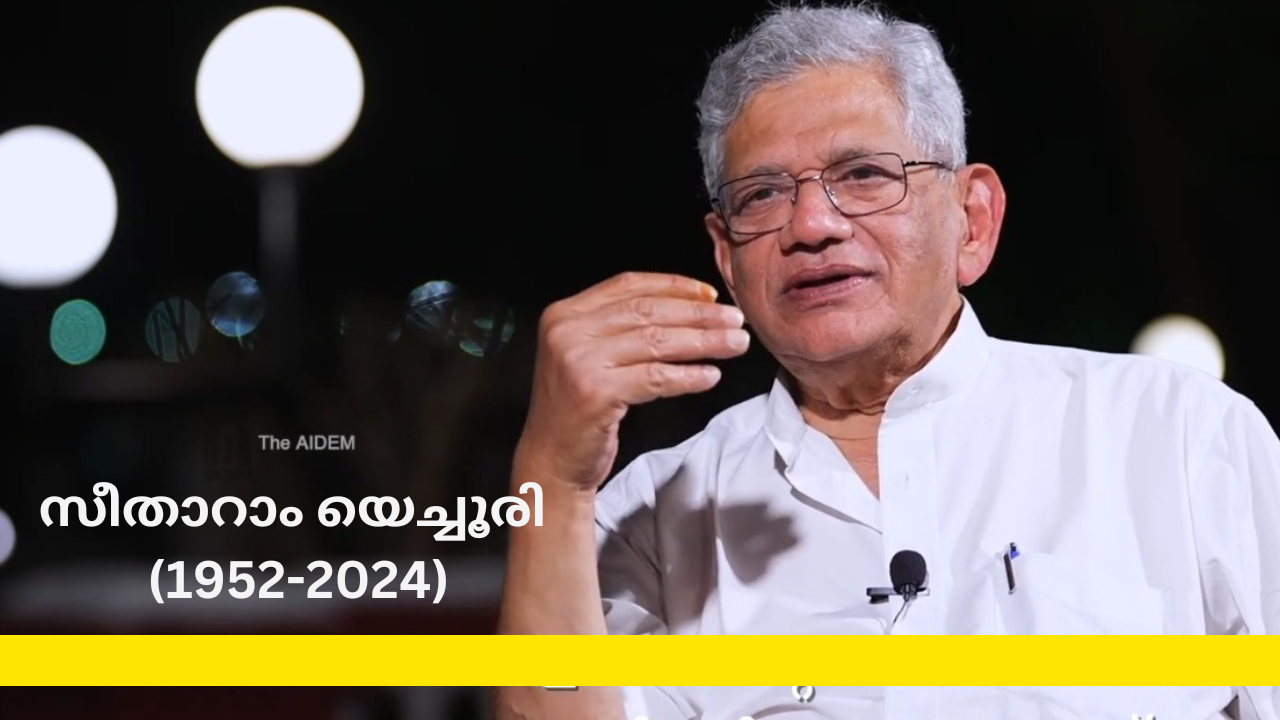The Legal and Social Implications of the Photography Ban Brought in by UAE Schools

Schools in the UAE are saying “No” to Photography without Permission. Advocate Musthafa Zafeer O.V. an international lawyer based in the UAE analyses the legal and social implications of this move by the schools.
As the new academic year commences, schools across the United Arab Emirates (UAE) are proactively addressing what they term as a pressing issue, students’ photography in schools. This has taken the form of a drive emphasising the need to restrain students from taking photographs in the school premises and sharing them on social media.

This initiative is primarily aimed at safeguarding privacy and ensuring adherence to the UAE’s stringent Privacy Laws. There is no doubt that such measures aim to create a safe and respectful learning environment, free from the potential pitfalls of social media. By enforcing these policies, schools can ensure that students focus on their education without the distractions and dangers of unregulated sharing.
Parent’s Role
Educators and administrators are calling on parents to play an active role in instilling a sense of responsibility and awareness in their children regarding the potential consequences of violating privacy regulations. Parents play a pivotal role in this educational endeavour. Schools urge parents to discuss these topics at home, reinforcing what is taught in the classroom. By initiating conversations about the impact of social media and the importance of privacy, parents can help their children navigate the complexities of digital citizenship. When children understand that their actions have real-world implications, they are more likely to adhere to privacy guidelines established by their Schools and the government.
Legal Framework
In recent years, the proliferation of smartphones and social media platforms has dramatically altered how individuals interact and share information. While these advancements have enhanced communication and connectivity, they have also introduced significant challenges, particularly concerning privacy.

In the UAE, privacy is highly valued, and the government has established comprehensive laws to protect individuals’ rights to confidentiality and personal space. Violating these laws can result in severe penalties, underscoring the necessity for schools to take a proactive stance in educating students.
UAE Privacy Laws
A closer look into the Privacy laws does reveal the reasons behind such a novel step by the Schools in UAE. It is hailed as the right step to instill a sense of legal issues in the minds of students, parents and staff. In the United Arab Emirates (UAE), privacy rights are governed by several laws and regulations, reflecting the country’s approach to individual privacy, data protection, and surveillance.
Here are some key laws concerning privacy rights in the UAE:
- Constitutional Provisions:
Article 31 of the UAE Constitution guarantees the right to privacy. It states that “the privacy of the home and communication shall be inviolable.” However, this right may be limited in the interest of public security, preventing crimes, or protecting others’ rights.
- Federal Decree-Law No. 45 of 2021 on the Protection of Personal Data
This is the primary legislation governing personal data protection in the UAE. It came into effect on January 2, 2022. The law outlines the rights of individuals concerning their personal data, including the right to access, correct, or delete their data, and mandates that organisations must obtain consent before processing personal data.
- UAE Cyber Crimes Law (Federal Law No. 5 of 2012)
This law addresses various cyber crimes, including illegal access to data and the unauthorised disclosure of personal information and cyber bullying. It provides penalties for violations related to data privacy and emphasises the importance of safeguarding personal data including photographs from misuse.
Consent and Privacy
As mentioned above, UAE laws emphasise the importance of obtaining consent before capturing or using photographs of individuals. This is particularly relevant in educational environments where many individuals may not be comfortable with being photographed. Students often capture moments during school events, extracurricular activities, or even in the classroom. However, sharing these moments publicly without the permission of those depicted can lead to feelings of discomfort or violation of privacy.
Protection of Minors
Many students in schools are minors. The law places a higher duty of care on Minors regarding the protection of their privacy and welfare. By implementing a policy that requires permission, schools are taking steps to safeguard students from potential unauthorised use of their images.
Cybersecurity and Cyberbullying
In the age of social media, unauthorised photographs can lead to cyberbullying, harassment, or privacy infringements. By regulating photography, schools can help mitigate these risks and protect students from potentially harmful situations.
Ethical Considerations
Respect for Individual Preferences
Not all individuals are comfortable having their photographs taken, and this policy respects their preferences and concerns. Young individuals may not fully grasp the potential harm of sharing photos without consent, especially in an educational setting. This lack of understanding can lead to unintended consequences, including legal repercussions for both the offending student and the institution.
Creating a Positive Environment
Implementing a no-photography policy that imposes a prerequisite of seeking permission from the photographed contributes to an environment where everyone feels safe and respected. It promotes a culture of consent and respect for personal boundaries. One of the critical aspects of the campaign is fostering an understanding among students of the implications of their actions. By educating students about the laws governing privacy, schools can empower them to make informed choices and act responsibly.
Finally, By educating students about the privacy laws, encouraging consent, and involving parents in the dialogue, schools can create a culture of awareness and responsibility that will serve students well beyond their academic careers. The move toward stricter regulations on sharing images is not merely about compliance but about fostering respect for individual rights and dignity within the community.













Informative Article. Great 👍